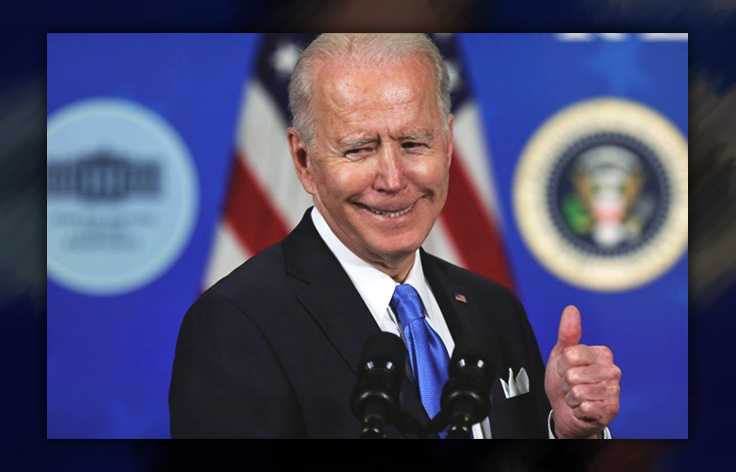Migrants from Nicaragua, Cuba, Haiti, and Venezuela will have an easier time entering the country thanks to President Joe Biden's new immigration plan, which he says will stymie illegal border crossings.
The United States will accept up to 30,000 migrants from those countries under a "humanitarian parole" program, Biden announced on Thursday. Migrants who qualify for the program will be able to travel directly from their home countries to the United States after applying to the program through a mobile app, rather than declare asylum at the southern border after crossing from Mexico. Biden in the fall implemented a pilot version of the program for Venezuelans.
Biden's plan comes as the United States, since the president took office, has suffered the worst border crisis in its history. Federal data show that the southern border has seen more than four million illegal border crossings since the beginning of 2021, with the pace showing no signs of slowing.
Critics of Biden's proposal questioned how making it easier for migrants to enter the United States would deter migrants from illegally crossing the southern border. Others raised questions about the legality of Biden's proposal.
"This is one of the most egregious, unlawful abuses of humanitarian parole authority in the history of our nation—a middle finger to Congress, the American people, and the rule of law," said Federation for American Immigration Reform director of communications R.J. Hauman.
Biden argued the new plan would ease strain on Border Patrol and offer clarification for those who wish to migrate to the United States. Individuals who don't meet the eligibility requirements will be deported under an expansion of Title 42, a public health law that allows for the accelerated expulsion of migrants.
"We should all recognize that as long as America is the land of freedom and opportunity, people are going to try to come here," Biden said.
Migrants who qualify for the program include those with financial and familial support in the United States. The Biden administration says individuals in the countries covered by the program face unique hardship, citing instability and crime.
